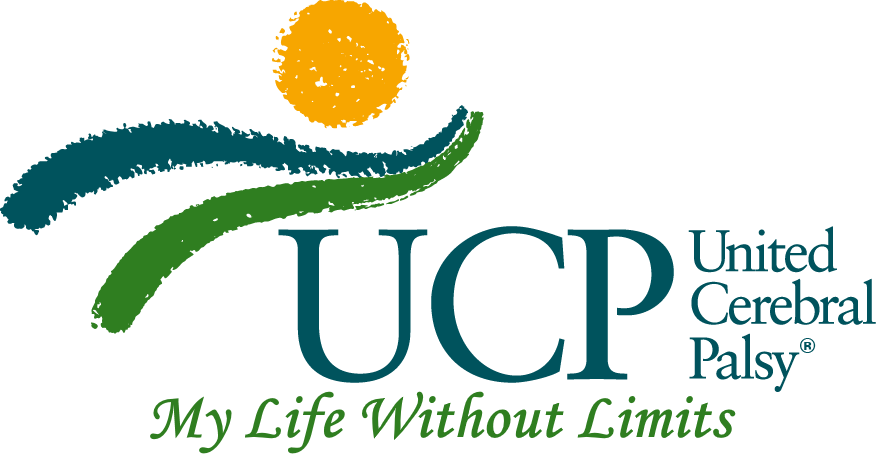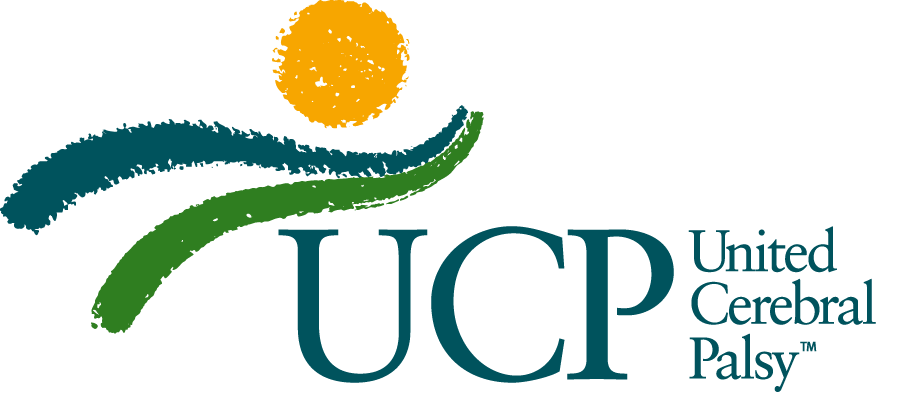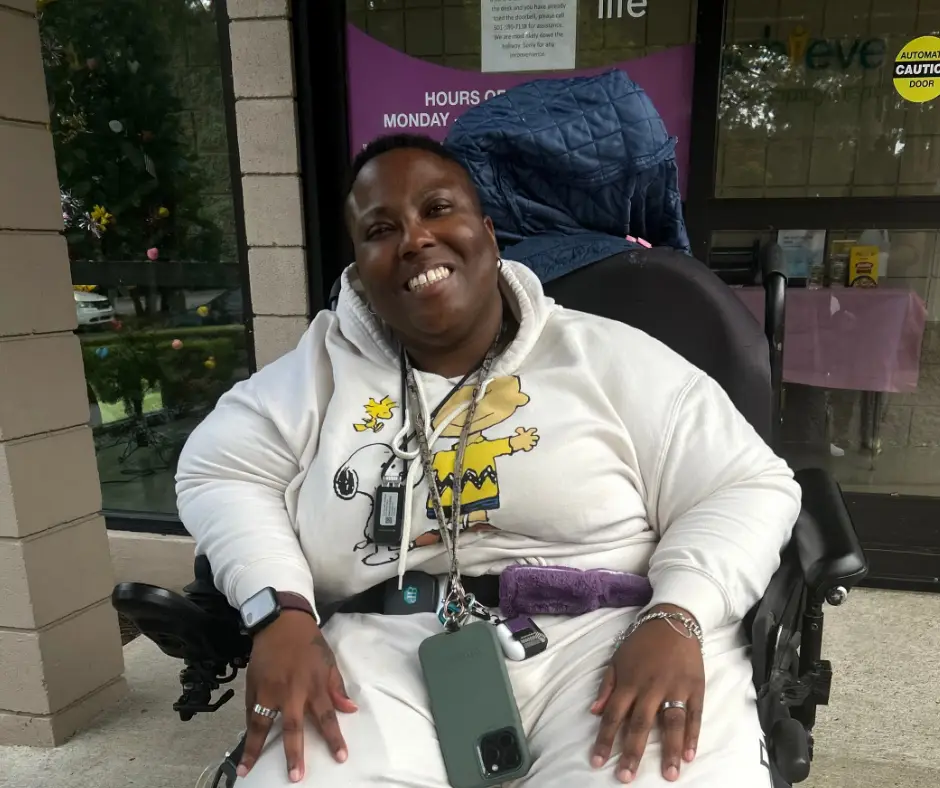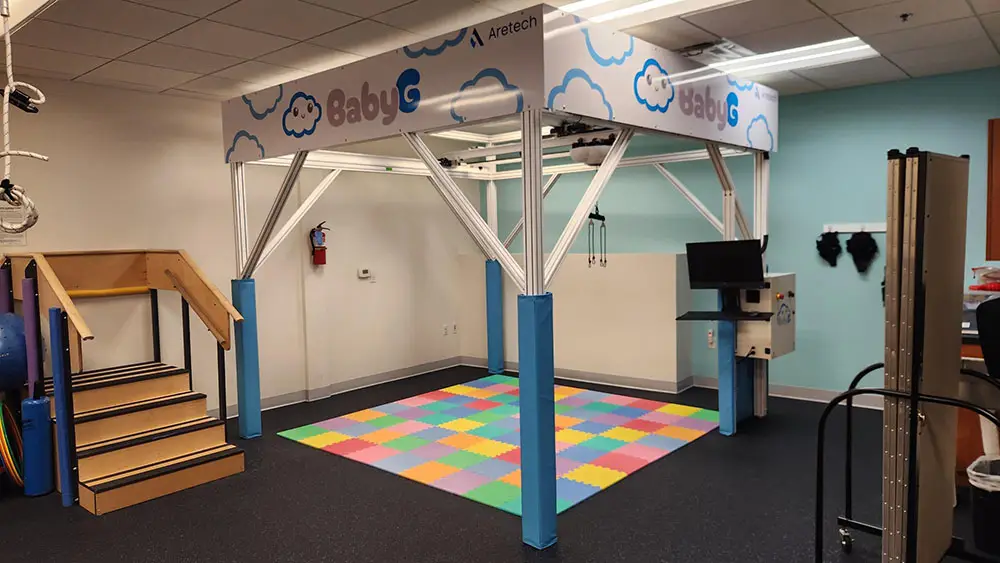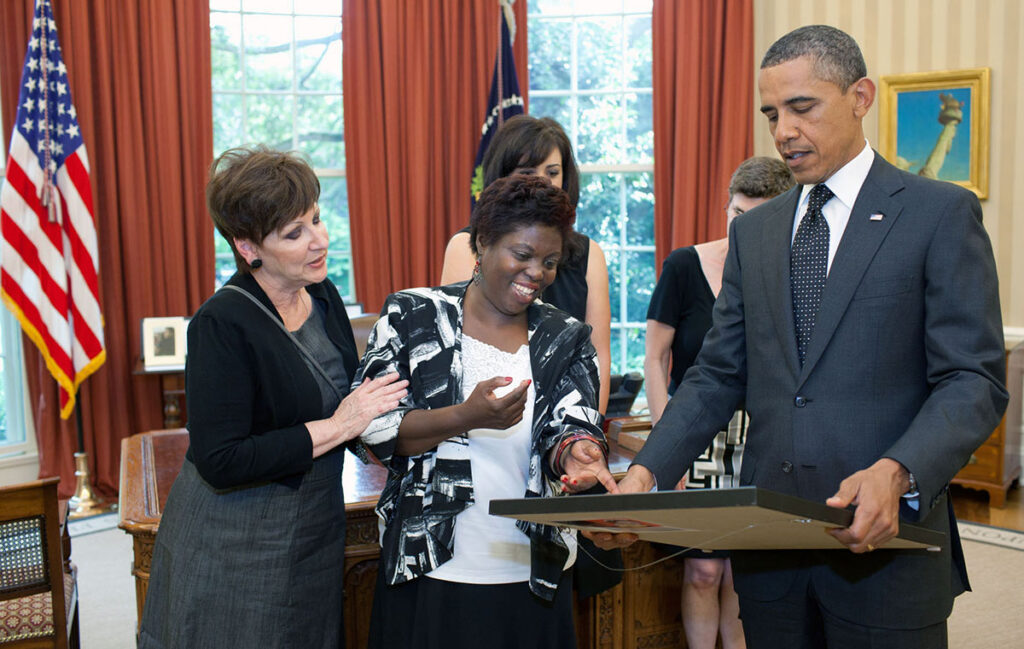By Yasmina Saba
The transition from high school to college is a challenge for many, but for students with disabilities, it often involves additional obstacles. As the school year wraps up, many incoming first-year students with disabilities may feel uncertain or isolated. I want to tell you this: you are not alone. I’ve been there — and I’ve succeeded. By sharing my college experience as someone with a disability, I hope to empower others to advocate for themselves and take full advantage of available campus resources.
Starting My College Journey with a Disability
I graduated from high school in the spring of 2017 and enrolled full-time at a nearby community college in the fall. Even though I had attended classes there during high school through the Jump Start program, I quickly realized that being a full-time student revealed some accessibility challenges.
Real-Life Accessibility Barrier: Restroom Access
One major obstacle? Lack of accessible bathrooms. Only one bathroom on the entire campus had an automatic door. Unless my classes were in that building, I couldn’t use the restroom independently. To avoid this issue, I would skip meals and limit beverages.
When I realized this was not only an issue for me but for many others, I spoke up. I worked with the Disability Center on campus and the maintenance supervisor to devise a solution for all bathrooms. Soon after, they installed automatic door openers on all the bathroom doors.
If you learn anything from this story, know that if it affects you, then it most likely affects more than just you, and speak up because you will be helping people on campus currently, and those coming in after you.
How the Disability Resource Center Helped Me Succeed

After a stint at community college, I transferred to Salisbury University because of its campus size and proximity to home. I needed a school that was small enough in case my scooter decided to die on me (which happened many times!), so that someone could push me. I also wanted a school that was far enough away from home that I could learn to be independent and live on my own.
At Salisbury, I received critical support from the Disability Resource Center. My classroom accommodations included:
- Extra time on tests.
- Access to a note taker or professor notes.
- Testing in a private center with the option for a reader or scribe.
They also helped with housing accommodations. My father and I submitted a diagram of where I needed grab bars installed in the bathroom, and they were ready by move-in day. The center also arranged cleaning support for my bathroom and sometimes my room. The accommodations were reviewed and updated as needed every semester.
Communicating With Roommates About My Disability

Each semester, I made sure to talk with my roommates about my disability and how it might affect shared responsibilities. Clear communication helped build mutual understanding from the start.
I still laugh about the time I texted my future roommate: “Did they tell you about me?” She was terrified, thinking I had a criminal record! Luckily, I did not scare her off; she is one of my best friends. Take it from me, though, and do not start your “I have a disability” conversation with that question! The school can’t disclose disability-related info, so it’s best to start those conversations thoughtfully.
Graduation and Giving Back
In 2022, I graduated from Salisbury University with a Bachelor of Arts in Business and Community Communications with a minor in marketing. I can confidently say that it was the best experience of my life. Today, I work in the nonprofit sector, helping others with disabilities.
My advice to anyone struggling to navigate college with a disability is:
- Speak up: Don’t hesitate to advocate for accommodations — you’re helping more than yourself.
- Plan ahead: Contact your university’s Disability Services before you start.
- Be clear with roommates and classmates: Honest, respectful communication helps everyone.
- Enjoy the experience: College will challenge you, but it also shapes who you become, and the memories you take from it will last you a lifetime.
About the Author
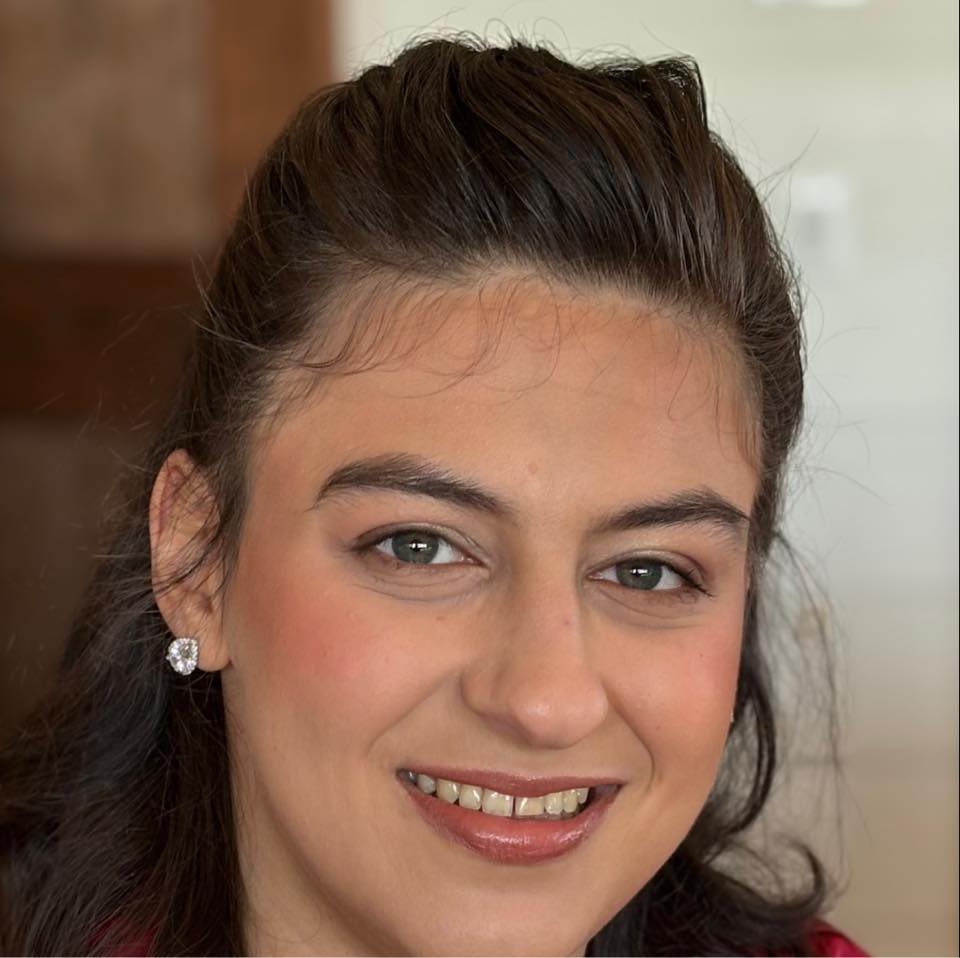
Yasmina Saba is a dedicated marketing volunteer with UCP, bringing her passion for storytelling and community engagement to the team. With a background in communications, marketing and nonprofit outreach, she has experience in content creation, social media strategy, and persuasive communication. As someone with cerebral palsy, she is deeply committed to accessibility, advocacy, and independence. Through her contributions, Yasmina hopes to educate the UCP community about what it’s like living with a disability, foster connections with others facing similar challenges, and share valuable insights that empower and uplift. Beyond her volunteer work, Yasmina enjoys traveling, diamond painting, and movies — creative outlets that inspire her.
